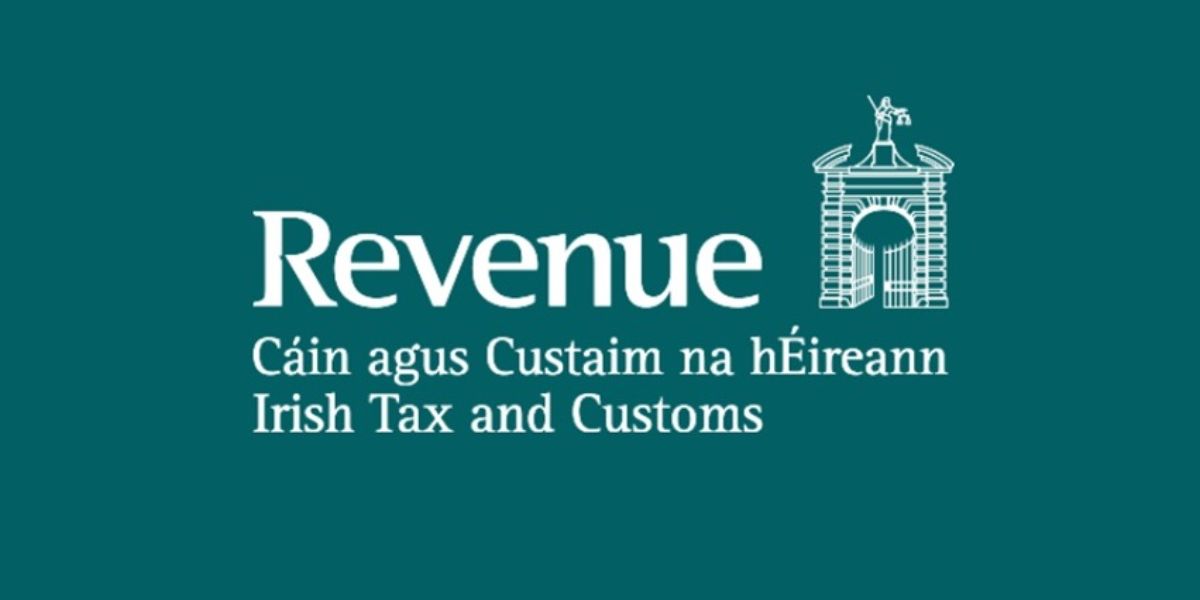On 19 October 2023, the Minister for Finance of Ireland, Mr. Michael McGrath presented the Finance (No. 2) Bill 2023 as part of the Irish budget. The Finance Bill implements the taxation changes announced on Budget Day as well as introducing some necessary administrative and technical changes to the tax code. The main tax measures included in the Finance Bill are as follows:
OECD Pillar 2 rules
Legislation has been released concerning the enforcement of a 15% minimum effective tax rate as per the OECD Pillar 2 agreement. This applies to businesses, whether multinational or domestic, with a global annual turnover of at least €750 million in two of the past four years. The legislation is in line with the OECD Model Rules (also known as GloBE rules) and EU Minimum Tax Directive, and it introduces a Qualified Domestic Top-up Tax (QDTT) to ensure that in-scope businesses pay a minimum effective tax rate of 15%, when combined with existing domestic corporate tax charges.
The legislation includes provisions for two additional mechanisms known as the Income Inclusion Rule (IIR) and the Undertaxed Profit Rule (UTPR), which will be applicable in specific situations. It also offers transitional safe harbor and relief measures. Additionally, the legislation mandates detailed information disclosure through a standardized report called the GloBE Information Return (GIR).
Safe Harbours
Pillar Two introduces safe harbor provisions to reduce administrative burdens for multinational enterprises (MNEs). These provisions include transitional measures for simplified tax calculations based on specific data sources, relief from certain tax rules for eligible jurisdictions during a transition period, and exclusion of entities in jurisdictions implementing a Qualified Domestic Tax Target (QDTT) from certain tax calculations. The safe harbors aim to ease compliance with Pillar Two rules.
Research and Development (R&D) Tax Credit
The R&D Tax Credit provides for a 25% tax credit for all qualifying R&D expenditure and the Bill provides for an increase to the rate of the credit to 30%. This will maintain the current net benefit of the credit for companies subject to Pillar Two and will deliver a net benefit to companies not subject to the new minimum tax rules.
The Bill also provides for and increase to the first year payment threshold from €25,000 to €50,000. This threshold is the amount up to which a claim can be paid in full in the first year, rather than paid in instalments over three years.
A number of technical amendments are also being introduced to ensure that the legislation operates as intended.
Revised Bank Levy
As the existing (DIRT based) bank levy expires this year, the Bill provides for a revised form of the bank levy for 2024 (to apply only in that year). This revised levy will continue to apply to AIB/EBS, Bank of Ireland and PTSB. It will have a revenue target of €200 million, and will be apportioned based on a measure of deposits held by each liable institution.
Rent Tax Credit
The Finance (No. 2) Bill 2023 provides for the amendment to the Rent Tax Credit to increase the amount of the credit from €500 to €750, or, in the case of jointly assessed taxpayer units, from €1,000 to €1,500.
The Bill also extends eligibility for the credit to parents who pay for their student children’s rental accommodation in the case of Rent a Room accommodation or “digs”. This amendment will apply to the years of assessment 2024 and 2025 and retrospectively to the years of assessment 2022 and 2023.
A further amendment to the existing credit restricts claims for the Rent Tax Credit by members of the Oireachtas.
Personal Income Tax Packages
The key elements of the personal income tax package, will see the main personal tax credits (Personal, Employee/PAYE and Earned Income) being increased by €100 each to €1,875, and the standard rate income tax cut-off point for a single person being increased by €2,000 to €42,000, with commensurate increases in the bands applying to married persons and persons in civil partnerships.
The Home Carer Tax Credit will also be increased by €100 to €1,800.
Additionally, the Incapacitated Child Tax Credit will be increased by €200 and the Single Person Child Carer Credit by €100.
Outbound Payments
The Bill includes legislative measures to introduce new defensive measures applying to outbound payments of interest, royalties and distributions (including dividends) towards jurisdictions on the EU list of non-cooperative jurisdictions, no-tax, and zero-tax jurisdictions. These measures are aimed at the prevention of double non-taxation and to meet commitments contained in Ireland’s National Recovery and Resilience Plan (NRRP).

















